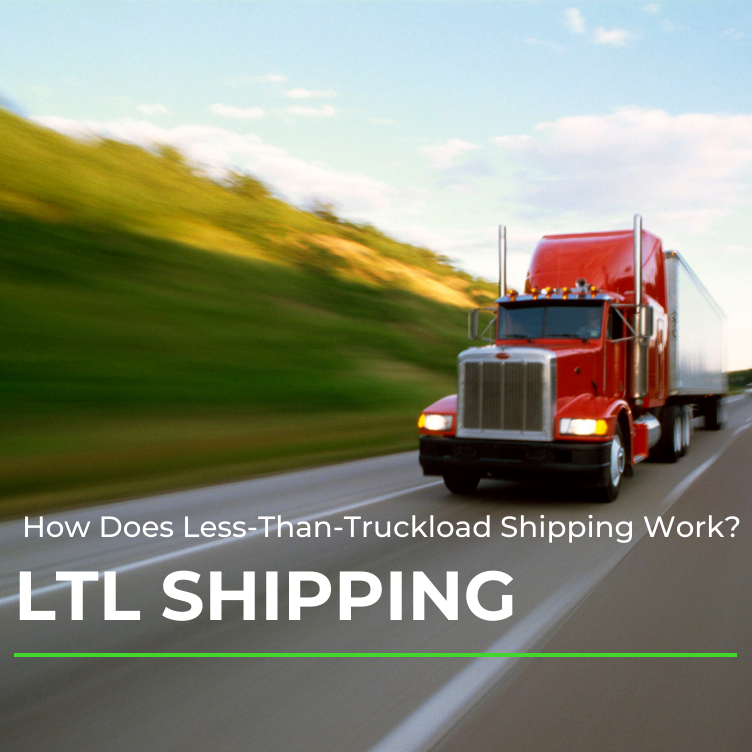
5 Tips For Selecting A Reefer Carrier
Refrigerated trucks, also known as reefer or reefer carrier, are an essential cold chain solution for transporting temperature-sensitive cargo. But what are reefer trucks, and why do they pose challenges for brokers? The term "reefer carrier" refers to a truck, trailer, or shipping container with a refrigeration unit for transporting sensitive goods. From ice-covered railroad cars in the 1840s to […]

Truckload Accessorial Charges Explained
Truckload accessorial charges are an important yet often overlooked aspect of freight shipping that can significantly impact your transportation costs. These additional fees arise from services beyond standard pickup and delivery, such as detention, layover, or driver assist, and can quickly add up if not properly managed. Understanding what truckload accessorial charges are and how they work is crucial for […]

How Does Less-Than-Truckload Shipping Work?
Less-Than-Truckload (LTL) shipping is a popular choice for businesses needing to transport freight within the U.S., Canada, or Mexico. This method serves shipments that are larger than small packages but do not require a full trailer. If you're shipping ground domestic, you have three options: small package, LTL, and Truckload (FTL/TL). Small Package vs. LTL vs. Truckload Small Package Shipping […]

FTL vs LTL Shipping: Understanding the Key Differences
Are you doing everything possible to ensure efficient FTL vs LTL shipping? To make informed decisions about your freight, you need to understand how these shipping modes affect cost, speed, and risk. Knowing the differences between FTL (Full Truckload) and LTL (Less-than-Truckload) shipping is essential before your products leave the warehouse. The Differences Between FTL and LTL Shipping FTL (Full […]

Freight Accruals: What Your CFO Needs To Know
Nearly every shipper who transports freight faces the same issue: how does your finance department account for shipping, logistics, and delivery costs? If you're like most shippers, you set aside a percentage of a good's value or a cost of goods sold (COGS). For each shipment, you typically allocate X% (usually 10%) of the total COGS as the debit balance. […]

The History of the Semi Truck
Introduction The history of the semi truck is fascinating. Aside from electricity, it could be argued that no greater 19th century invention shaped shipping in the United States of America more than the semi truck. Predating airplanes and interstates, semi trucks allowed American farms and businesses to sell beyond their borders in ways that trains simply could not. In fact, […]

Transportation Management System: A Tool, Not The Solution
Transportation Management Systems (TMS) have become essential for companies in managing their logistics operations. A TMS can optimize a range of processes, from carrier selection and route planning to freight payment and auditing. However, relying solely on a Transportation Management System to manage logistics is not enough to establish a strategic logistics program. In this blog, we will discuss the […]

TMS: How a Transportation Management System Works
In today’s fast-paced logistics landscape, a Transportation Management System (TMS) plays a crucial role in streamlining operations and enhancing supply chain efficiency. This guide will explore how a TMS works, its key features, and the benefits it offers to businesses. What is a Transportation Management System? A Transportation Management System is a software solution designed to manage and optimize the […]

Managed Transportation Solution Enhances Visibility
In our previous blog, the FreightPlus team delved into what a Managed Transportation Solution (MTS) is and how it can enhance efficiencies and reduce costs within a logistics program. If you missed it, check out our article Managed Transportation: A Complete Guide. The Importance of Visibility in a Managed Transportation Solution One of the most significant advantages of implementing a […]


